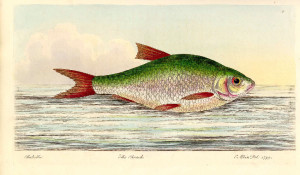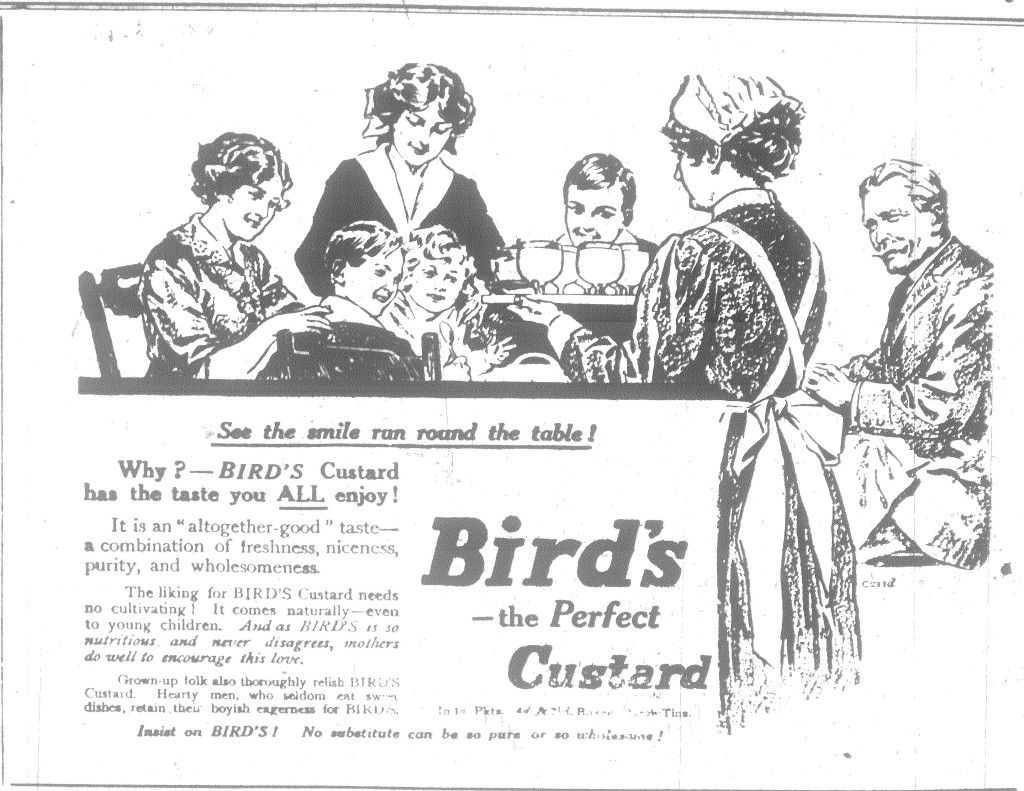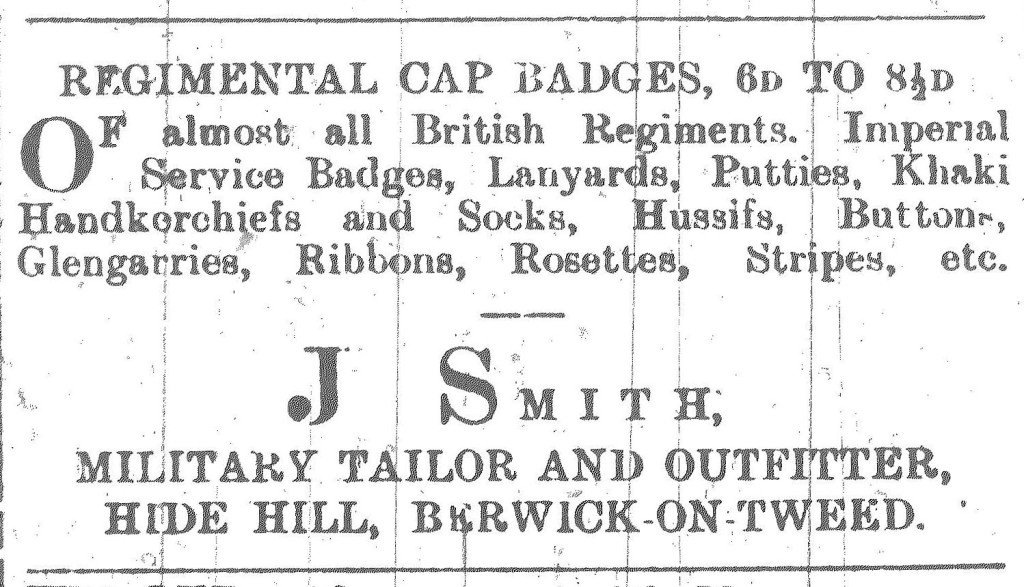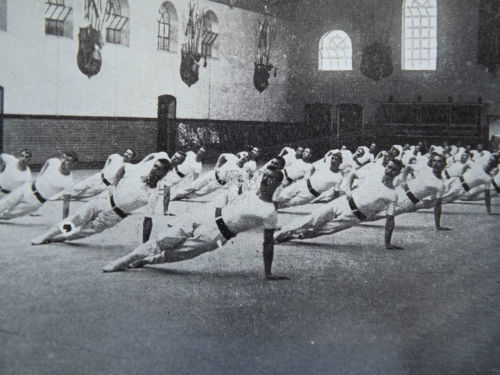BERWICK ADVERTISER, 3 SEPTEMBER 1915
MARRIAGE OF CAPTAIN P. W. MACLAGAN
Marriage of Captain P.W.Maclagan. – The numerous friends of Captain Philip Whiteside Maclagan, R.A.M.C., son of Dr C.G.Maclagan, Ravensdowne, will be interested to learn of his marriage, which took place on Wednesday in the Erskine U.F.Church, Annan, the bride being Miss Jane Scott, second daughter of the late Mr William John Robinson and of Mrs Robinson, Cluden, well-known and much esteemed citizens of Annan.

The bridegroom, who has been acting as assistant to Dr. Hunter, Annan, joined the R.A.M.C. at the beginning of the war. Dr Maclagan has been much thought of during his stay in Annan, and has made a large circle of friends and acquaintances. The presents were numerous and costly. There was a large attendance of personal friends at the wedding, the interior of the church being adorned with many pretty floral decorations. The officiating clergyman was the Rev. Archibald A. Campbell, and the bride was given away by her grandfather. Miss Robinson, the bride’s sister, acted as bridesmaid, and Dr Hunter officiated as the best man. At the conclusion of the marriage the happy couple left on their honeymoon per motor car.
A TWEED ANGLING STORY
The autumn season of salmon angling in the Tweed properly begins in the middle of September, when the nets are taken off at Berwick, according to law, as the phrase goes. Last year the stretches of the river belonging to the riparian properties were poorly let. The war called away many potential lessees, and those who remained did not care to enter on the sport. This year (writes a correspondent of the Glasgow Bulletin) there is an improvement. How the season will turn out nobody can tell. The weather is a great factor – a big flood in September or October being absolutely necessary to bring up the fish from the sea. But the more important question of supply arises. A venerable and experienced angler informed me that salmon are very scarce at Berwick this year up till now. I asked the reason, and added, half jocularly, “Owing to the war?” he replied in all gravity: “Weel, that might be sae. Thae submarines an’ torpedoes an’ other things mann hae had an unusual effeck. The sea about the East Coast has been greatly disturbit, an’ it’s juist possible it mav hae changed the coorse o’ the fish. Mind ye’ salmon’s queer beese.”
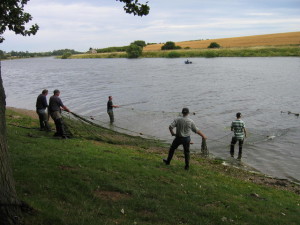
ITEMS OF INTEREST
Forbidden Postal Packets – The Press Bureau issues the following:- Attention is called to the fact that it is a punishable offence to send through the post any explosive substance or any article or thing likely to injure other postal packets or officers of the postal service. Cases have recently occurred of shells, pieces of shells, fuses, and cartridges being sent through the post. This dangerous practice has already caused loss of life, and has been forbidden by the military authorities.
LOCAL NEWS
The Last of an Old Spittal Family – Mrs G. Forsyth, late of 20 West Street, Spittal, died last week, in her eighty-fourth year; the last of a generation of a long lived family named Richardson. Nine of them reached maturity, and their ages when added together amounted to 726 years. We noted, some time ago, that one of them, Elizabeth Richardson, married to Thomas Elliot, fisherman, Spittal, who died aged 94, had 222 descendants, children, grand-children, and great-grand-children. The country which has most of that kind of citizen will quickest and best get over the ravages of the war.
SALE OF WORK AT CORNHILL
Sum of £43 Realised
The interior of Cornhill Schoolroom on Saturday afternoon wore a bright and fascinating appearance – just the very opposite to the rainy weather outside – for it was arrayed in all the splendour of an eastern bungalow, and it certainly well maintained the reputation to the title of an Oriental bazaar. The various stalls were laden with a most artistic selection of all kinds of fancy and embroidery work, worthily sustaining the labours of Mrs Holland, of the Rectory, and the other ladies in the district who were responsible for the effort. There was a beautiful display of embroidered and decorative napery, Chinese and Japanese tables, Chinese lacker tables, Thibet and Lhassa tables, Indian rugs, Chinese, Venitian, and Jerusalem jewellery, besides Indian chutney, Java jelly, foreign stamps.

A feature was the Sowers’ Band Stall, the labours of the Cornhill children, which was devoted to the Cornhill Cot in Quetta hospital. The remainder of the sale was for the benefit of the Church Army Ambulance Fund, and Foreign Missions. Mrs Holland, the respected mother of the Rev. Mr Holland, and the several ladies who assisted her certainly deserve all credit for the splendid result of their labours as was witnessed in the display on the various stalls. A refreshment and tea stall was also tastefully arranged at the end of the schoolroom for those who wished to have a quiet cup and friendly crack.
Among those who assisted at the various stalls were Miss Low, Mrs Collingwood, Mrs H, St. B. Holland, Miss Rand, Mrs. J. Logan, Miss Murkin, Mrs Matthewson, Miss Hoyle, Mrs Fleming, Miss Tristram, Misses Collingwood, Fenwick, and Fleming, and Messrs Blake, Collingwood, and Fleming.
During the afternoon the sale was visited by a considerable number of representative ladies and gentlemen and among those present and who kindly sent donations were :- The Countess of Home; Sir Francis Blake, the Honourable Mrs Baillie Hamilton, the Hon. M. Joicey, the Misses Milne Home, Mr and Misses Selby, Mrs Neligan and party, Mrs Rea, Miss Fleming and party. Mrs Little, Mrs Maling, Mrs Swan, Mrs Shotton, Mrs Mackay, Mrs R. Carmichael, Mrs Mangin, Miss Baker Cresswell, Miss Sellar, Rev. W. I. Moran, Mr Swanston, Mrs Bell, Mrs Dickson, Misses Raines, Mr H.J. Swanston, Marshall Meadows, etc.
During the evening patriotic and other glees were well rendered by members of the choir, and Miss R. Jeffrey’s solos were much appreciated.
The proceeds amounted to over £43.


